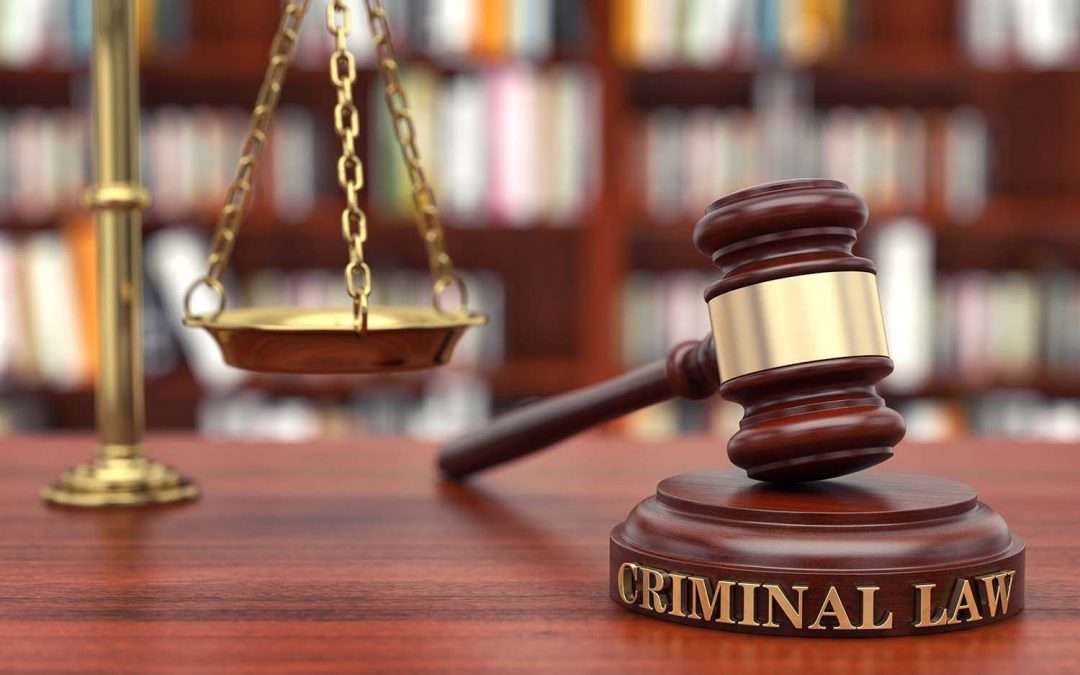Criminal defense lawyers with experience can make a big difference. A criminal defense lawyer’s role goes beyond protecting the accused. Investigating the facts thoroughly is a foundational element of a strong defense. Defense lawyers do not have to accept the prosecutor’s evidence at face value. A critical review of the evidence, challenges of faulty assumptions, and additional evidence that undermines a prosecutor’s case is essential. At trial, skilled defense lawyers can exploit holes in the prosecution’s narrative if a rigorous investigation of the circumstances.
Impeaching witness credibility
A common method used by defense attorneys is impeaching, or undermining, the credibility of key witnesses for the prosecution. Eyewitnesses, victims, or cooperating informants often provide the basis of criminal cases. The reliability of eyewitness accounts varies. Informants often have incentives to fabricate information. Witness testimony can be contradicted and biased through cross-examination. Bringing in expert testimony on the pitfalls of eyewitness identification or false confessions can also be employed.
Selecting sympathetic juries
Lawyers try to gain an advantage in jury selection as well. High-profile cases depend heavily on jury composition. Defense attorneys often spend significant time questioning potential jurors to screen out those who have preconceived biases. Jurors who are sympathetic to themes like overzealous prosecution are sought. Peremptory challenges allow the defense to excuse a certain number of unsuitable jurors. Jury consulting specialists even assist defense lawyers with jury selection strategies.
Raising affirmative defenses
Beyond contesting the prosecutor’s evidence, qualified criminal lawyer in Brampton also proactively look for affirmative defenses that excuse the defendant’s actions. Common defenses like self-defense, insanity, duress, and diminished mental capacity can mitigate culpability when proven. An affirmative defense justifies or explains the defendant’s behavior without negating the prosecution’s claims. Skillful defense lawyers recognize when they can assert an affirmative defense.
Humanizing the accused
Especially when representing notorious or unsympathetic defendants, defense attorneys use humanization techniques to encourage empathy and understanding from the jury. Jurors are reminded of the high burden of proof and relatable aspects of the defendant’s background. While no excuse for serious wrongdoing, humanizing facts generates sufficient doubt. Letting the accused speak directly to the jury can also personalize them. Humanization grounds the trial in a larger human context.
Plea bargaining negotiations
Leveraging mitigating factors and affirmative defenses, they seek to obtain the most favorable outcomes possible for clients pleading guilty. Criminal law expertise aids in charting viable defense strategies, assessing probable trial outcomes, and recognizing unreasonable prosecutorial demands. Through skillful bargaining, defense counsel secures justice without the risk, expense, and uncertainty of trial.
Presentation of evidence
During trials, the tactics shift to effectively conveying the defense’s version of events to the jury. Criminal lawyers artfully present witnesses and affidavits supporting their side, cross-examine the prosecution’s witnesses to expose doubts and attempt to exclude prejudicial evidence through objections. The sequencing and format of presenting evidence are also strategically optimized. When done skillfully, the defense can tell a compelling counter-story even with limited direct evidence. Innocence must be proven, even by reasonable doubt.
Closing arguments
It is the last chance for a defense lawyer to tie up the entire case. Here the defense attorney synthesizes trial testimony and evidence to cast doubt on the prosecution’s version of events. They help jurors better understand legal standards. Powerful oral advocacy is essential, utilizing storytelling, emotion, and rhetoric persuasively to argue against conviction. This final appeal to the jury’s reason and sentiments can tip the scales toward acquittal.

